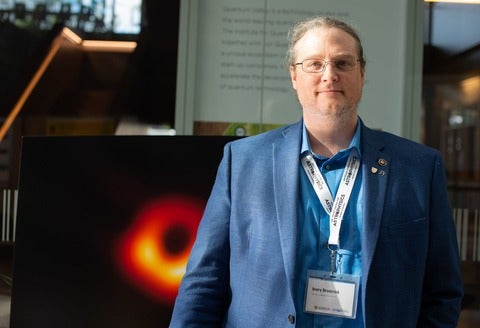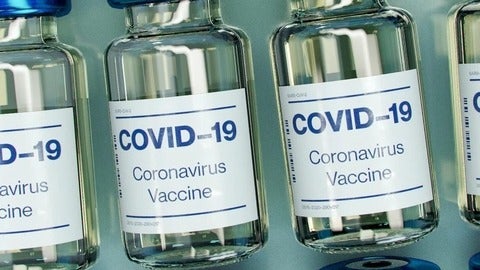Q and A with the experts: Busting common myths about mRNA vaccines
The Pfizer and Moderna COVID-19 vaccines have fuelled both hope and falsehood. Here, Professor Kelly Grindrod debunks the most common myths she and her colleagues have heard about the new COVID-19 protection.



